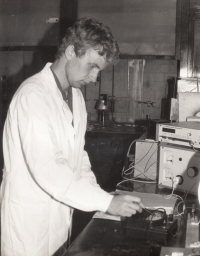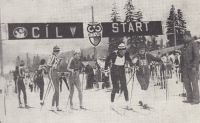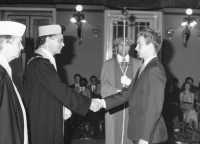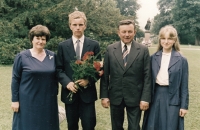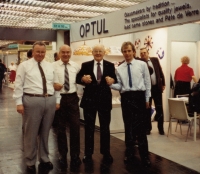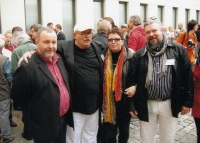After the Revolution, Nový Bor glass had a good start, then it had to be rescued
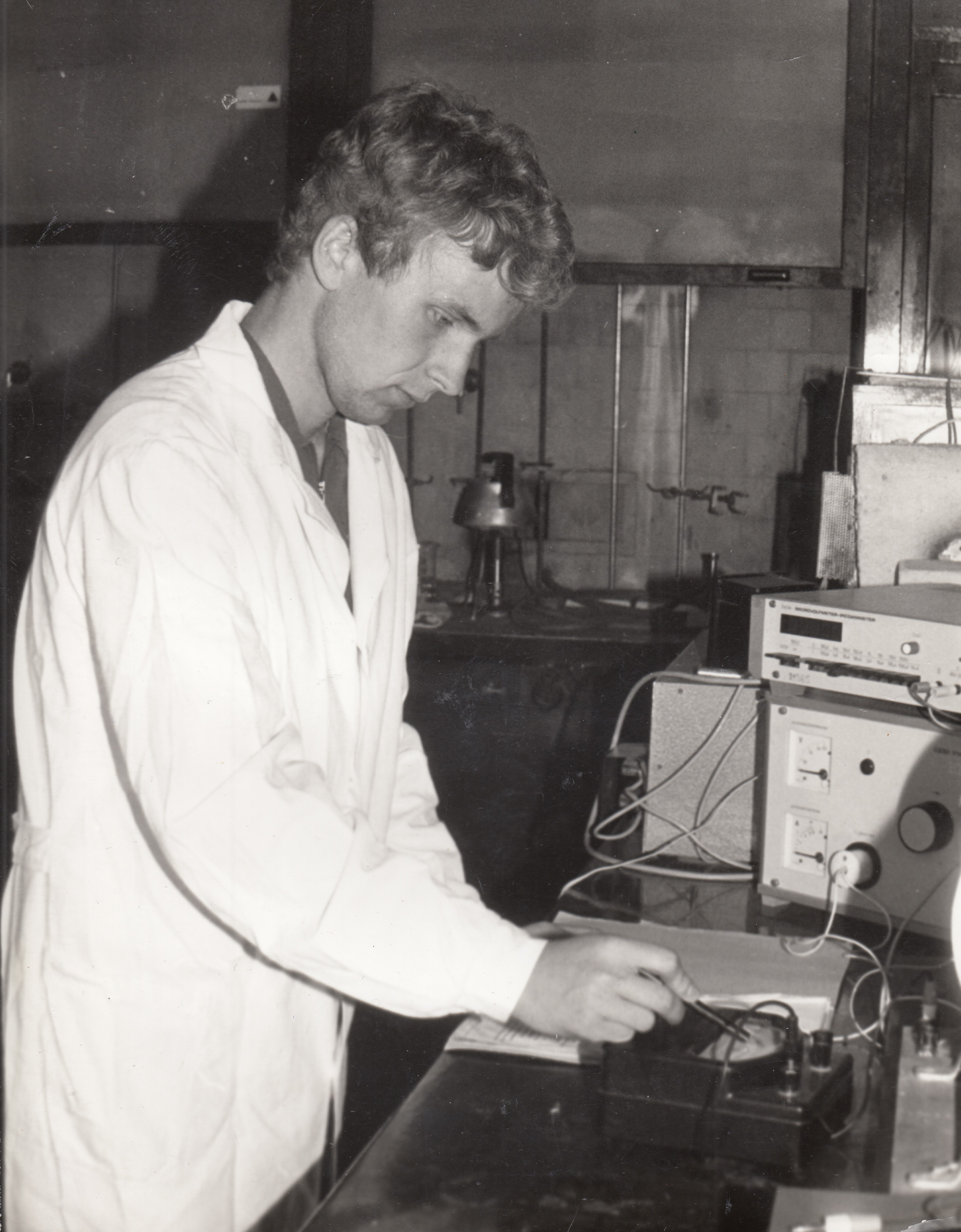
Download image
Jaroslav Švácha was born on 20 August 1964 in Jindřichův Hradec. From 1982 to 1987, he studied the technology of silicates at the University of Chemical Technology (VŠCHT). During his military service, he worked in the missile army and was a state secret holder, his unit operated with missiles designed to carry nuclear warheads. During his military service, he turned down an offer to become a spy and follow trends in glass development abroad. Instead, he joined a separate department of the State Glass Research Institute in Polevsko. For example, he was involved in the development of coloured signal glasses for military aviation purposes. After the Velvet Revolution, the institute collapsed, and the separate workplace became the rebuilt Glassworks Klára. During the privatisation, the witness decided to go the way of his own business and founded the TGK glassworks in Skalice near Česká Lípa, where he focused mainly on flat glass. After the bankruptcy of Crystalex in 2009, together with other Nový Bor glassmakers, he helped to save the tradition of the International Glass Symposium IGS. In 2024 he lived in Nový Bor. We were able to record this story thanks to the financial support of Lasvit.
